Compared to last week, yearlings traded steady to $4 higher on average; calves traded $2-$4 lower, although light volumes made the market hard to define. All eyes were on feeder cattle futures, which closed up nearly $4 for the week. This set the direction in Western Canada. Auction barns in Manitoba and Saskatchewan remain in […] Read more
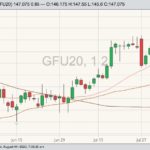
Klassen: Strong demand underpins yearlings
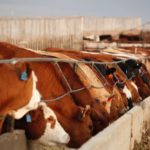
Klassen: Feeder cattle market drawing attention
Compared to last week, Western Canadian yearling prices were $2 to $4 higher while calf markets traded $2 to $4 on either side of unchanged. U.S. prices were also up $2 to $4 which lent support to Canadian domestic values. Volumes remain thin across the prairies; many producers are busy with silage operations and pasture […] Read more
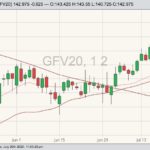
Klassen: Feeder market looking firm for fall
The western Canadian feeder market was hard to define last week due to the small volumes. Small groups under 10 head were quite common and in many cases, one to three head were running through the ring. Discounts were quite severe on these stragglers; however, quality feeder cattle traded at similar levels to last week. […] Read more

Klassen: Feeder market in summer mode
Set-aside program not having much effect yet on prices
Compared to last week, western Canadian feeder cattle prices were relatively unchanged. Volumes are quite thin at this time of year, which makes the market hard to define. Steady demand surfaced on quality groups of yearlings and calves, while late stragglers and heavier-flesh feeders were severely discounted. Pasture conditions are favourable across the Prairies and […] Read more

Klassen: Feeder cattle market searching for direction
Feedlots expecting barley prices to drop
Western Canadian feeder cattle prices continue to trade in a sideways pattern. Compared to last week, prices were quoted $2-$3 on either side of unchanged. Most auction barns were on holidays last week and arenas that did hold sales experienced limited volumes. Therefore, the market was hard to define. U.S. feeder cattle markets were steady […] Read more

Feed weekly outlook: Barley bids soften as sector stabilizes
MarketsFarm — Feed barley bids in Western Canada have softened over the past two weeks, as some normalcy returns to the feeding sector. Feed barley bids delivered into the key Lethbridge feeding area have come down by $6-$8 per tonne over the past two weeks, with current prices around $240 per tonne, said Brandon Motz […] Read more
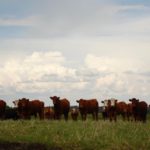
Klassen: Feeder cattle market experiences mixed tone
Compared to last week, western Canadian feeder cattle sold $2 higher to as much as $4 lower. Larger groups of uniform cattle once again carried a premium but the bulk of feeders were small packages of various quality. Buyers were more aggressive on the 700- to 850-lb. weight categories as they target the fed cattle […] Read more
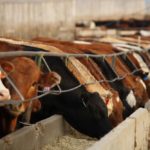
Klassen: Feeder cattle market grinds lower
Compared to last week, western Canadian feeder cattle prices were steady to $4 lower on average. Small packages were available and buyers were picking away with subdued interest. There were some “green” strings of yearlings in Alberta and Saskatchewan which were well bid; however, most cattle were characterized by medium to smaller frames. Some of […] Read more

Klassen: Weaker fed cattle prices weigh on feeder market
Rain-soaked pens sidelined some Alberta feedlots
Compared to last week, western Canadian feeder cattle markets were relatively unchanged but a softer tone was noted in the non-major feeding regions. Most auction barns are in summer mode and the quality of feeders coming on the market is quite variable. However, at major centers in Alberta, healthy strings of yearlings were well bid […] Read more
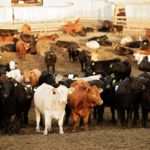
Klassen: Canadian feeder market divorces from U.S. values
Compared to last week, western Canadian feeder cattle prices were relatively unchanged. Lower volumes were on offer across the Prairies and the quality was quite variable at smaller sales. Many auction barns are in summer mode; however, there were decent volumes in the major feeding regions of Alberta. Strong feedlot demand was evident on quality […] Read more

